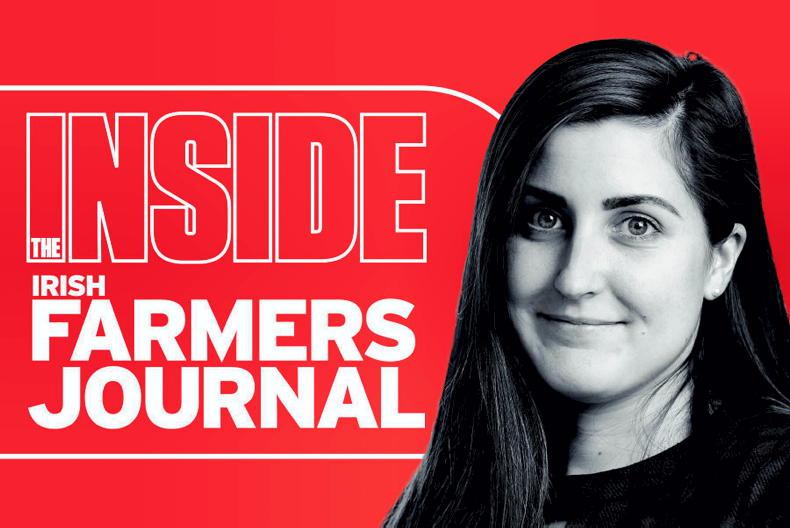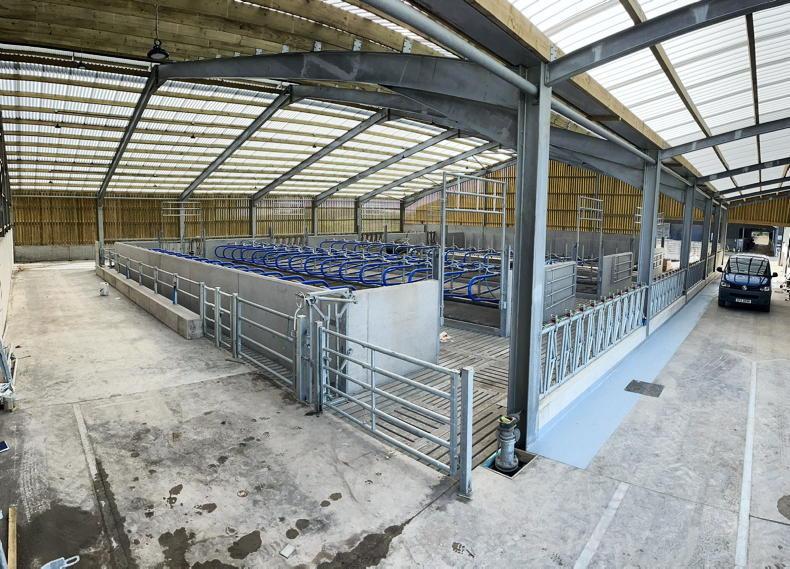IFA rural development chair Michael Biggins said farmers applying for TAMS tranche 25 cannot be expected to work off costings that are 12 months out of date.
“The current costings, which were updated as far back as March 2021, are completely out of line with the price of materials today, making it impossible for farmers to begin their projects,” he said.
“The war in Ukraine has stretched supply chains to breaking point.
“Even the most recent revision last November is hopelessly out of date, and that isn’t available to farmers applying under this tranche,” he said.
At a recent meeting, the Department confirmed to IFA that the revised reference costings prepared in November would be implemented for TAMS tranche 26, which is due to open on April 9. Events have overtaken that revision.
Biggins called on Minister of Agriculture Charlie McConalogue to:
Ensure the TAMS reference costs for tranche 25 are retrospectively revised to reflect actual costs incurred.Revise costings again prior to the opening of tranche 26 on April 9.Establish a system to review costings before the opening of each tranche.
IFA president Tim Cullinan making a presentation to the outgoing chair of Wicklow IFA, Chris Hill, at the 2022 AGM.
Legislation must give new Office of Fairness and Transparency real powers
IFA president Tim Cullinan has acknowledged the approval by the cabinet of the General Scheme of a bill to establish a new Office for Fairness and Transparency in the Agri Food Supply Chain.
“We have waited a long time for this. We look forward to seeing the draft legislation and to having genuine input into what powers the office will have,” he said.
Just doing ‘market analysis’ based on ‘publicly available’ information will not cut it
“It must have full powers of investigation and be able to compel actors in the chain to provide them with real data and back up documentation.
“Just doing ‘market analysis’ based on ‘publicly available’ information will not cut it,” Cullinan said.
“This office will be crucial in ensuring a fair share of the consumer euro goes to farmers, and in regulating unfair trading practices.
“If it does not ensure a viable price for farmers for their work and investment, then we will see more farmers in horticulture, potatoes and the pig and poultry sectors go out of business,” he added.
“Large retailers using their dominant position to drive down prices to farmers to unviable levels, often below the cost of production, has to stop,” he said.
IFA rural development chair Michael Biggins said farmers applying for TAMS tranche 25 cannot be expected to work off costings that are 12 months out of date.
“The current costings, which were updated as far back as March 2021, are completely out of line with the price of materials today, making it impossible for farmers to begin their projects,” he said.
“The war in Ukraine has stretched supply chains to breaking point.
“Even the most recent revision last November is hopelessly out of date, and that isn’t available to farmers applying under this tranche,” he said.
At a recent meeting, the Department confirmed to IFA that the revised reference costings prepared in November would be implemented for TAMS tranche 26, which is due to open on April 9. Events have overtaken that revision.
Biggins called on Minister of Agriculture Charlie McConalogue to:
Ensure the TAMS reference costs for tranche 25 are retrospectively revised to reflect actual costs incurred.Revise costings again prior to the opening of tranche 26 on April 9.Establish a system to review costings before the opening of each tranche.
IFA president Tim Cullinan making a presentation to the outgoing chair of Wicklow IFA, Chris Hill, at the 2022 AGM.
Legislation must give new Office of Fairness and Transparency real powers
IFA president Tim Cullinan has acknowledged the approval by the cabinet of the General Scheme of a bill to establish a new Office for Fairness and Transparency in the Agri Food Supply Chain.
“We have waited a long time for this. We look forward to seeing the draft legislation and to having genuine input into what powers the office will have,” he said.
Just doing ‘market analysis’ based on ‘publicly available’ information will not cut it
“It must have full powers of investigation and be able to compel actors in the chain to provide them with real data and back up documentation.
“Just doing ‘market analysis’ based on ‘publicly available’ information will not cut it,” Cullinan said.
“This office will be crucial in ensuring a fair share of the consumer euro goes to farmers, and in regulating unfair trading practices.
“If it does not ensure a viable price for farmers for their work and investment, then we will see more farmers in horticulture, potatoes and the pig and poultry sectors go out of business,” he added.
“Large retailers using their dominant position to drive down prices to farmers to unviable levels, often below the cost of production, has to stop,” he said.










SHARING OPTIONS